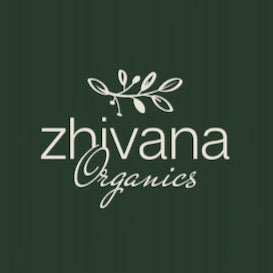Zhivana Organics
Organic Lemon Balm Tea - 5 LB
Organic Lemon Balm Tea - 5 LB
Couldn't load pickup availability
Lemon Balm Leaf (Melissa officinalis)
Lemon balm leaf has been used in traditional herbal wellness practices as a calming and gently uplifting herb. It is commonly enjoyed to support the body’s natural relaxation response, with a focus on emotional balance, digestive comfort, and nervous system wellbeing. Many people include lemon balm leaf during times of occasional stress, tension, or digestive unease, as its naturally occurring aromatic plant compounds help promote gentle calm, comfort, and overall wellbeing.
Traditional Health & Wellness Benefits
• Traditionally used to support the body’s natural relaxation and calming processes
• Helps maintain emotional balance and nervous system comfort
• Commonly used to support digestive comfort during times of stress
• Supports the body’s natural stress response
• Naturally contains aromatic plant compounds valued for calming support
• Provides caffeine-free soothing support suitable for daily or evening use
How to Make Lemon Balm Leaf Tea
• Measure: Add 1–2 teaspoons of dried lemon balm leaf per 8–10 oz (1 cup) of hot water.
• Steep: Pour hot water over the leaf and steep for 10–15 minutes.
• Strain: Strain into your favorite cup.
• Enjoy: Drink warm or chilled as part of a calming daily routine.
Tip: Lemon balm leaf pairs well with chamomile, peppermint, or lavender for a more relaxing and aromatic cup.
Taste & Experience
• Lemon balm leaf has a light, citrusy, gently herbal flavor with subtle lemon notes. Many customers enjoy it on its own or blended with other calming herbs.
Who It’s Best For
• Experience occasional stress, tension, or nervousness
• Want gentle emotional and digestive support
• Prefer caffeine-free calming herbal teas
• Appreciate soft, aromatic herbal rituals
Who Should Be Cautious
Speak to your healthcare professional if you:
• Are pregnant or breastfeeding
• Have thyroid conditions
• Are taking medications that affect nervous system or thyroid function
Quality & Sourcing
• Single-ingredient, no fillers
• USDA Organic
• Caffeine-free
• Carefully dried and cut to preserve natural compounds
• Origin: Ukraine
Storage Tip
• Store in a cool, dry place, away from direct sunlight, to preserve freshness and aroma.
Disclaimer
These statements have not been evaluated by the Food and Drug Administration. This product is not intended to diagnose, treat, cure, or prevent any disease. The information provided is for educational purposes only and is based on traditional herbal use.
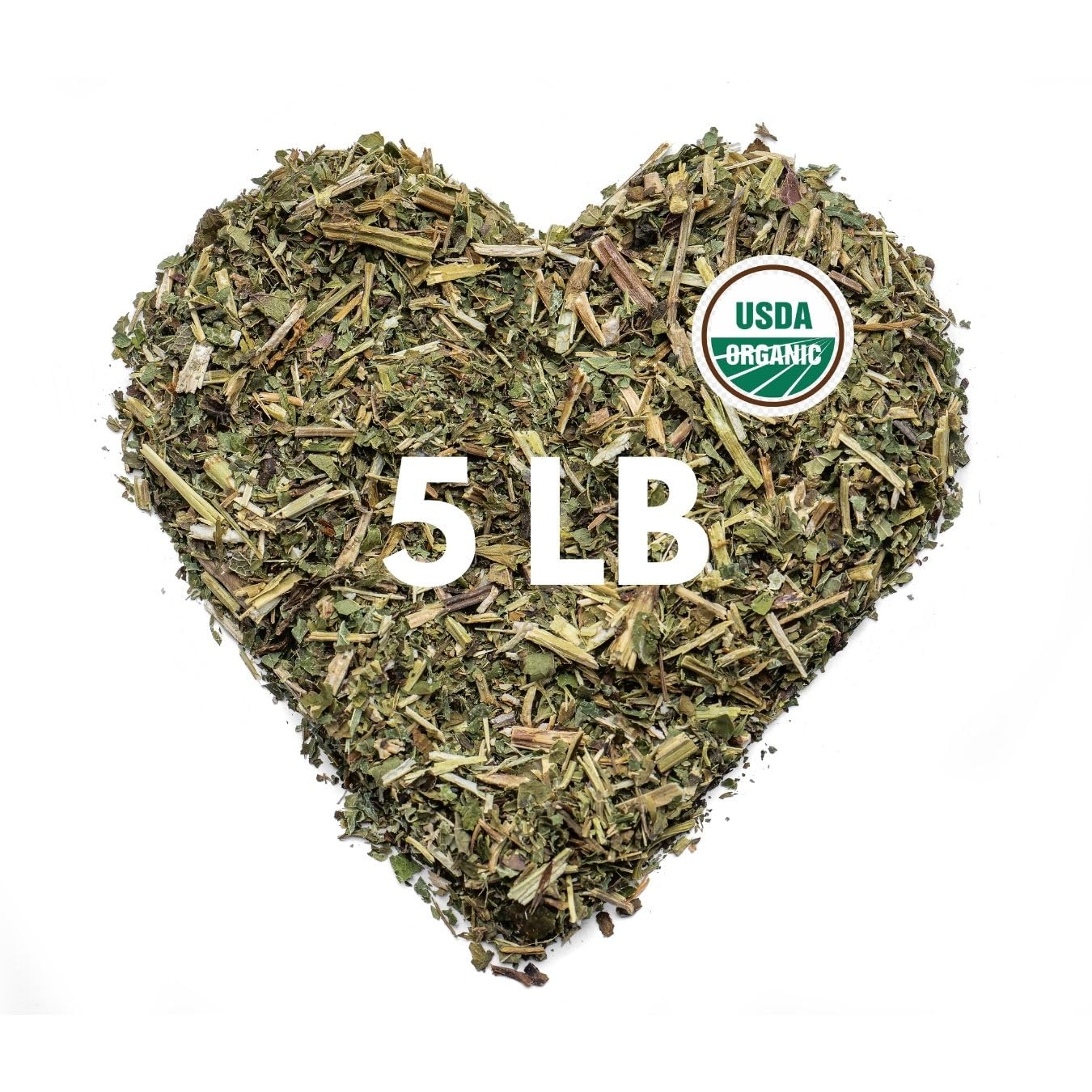
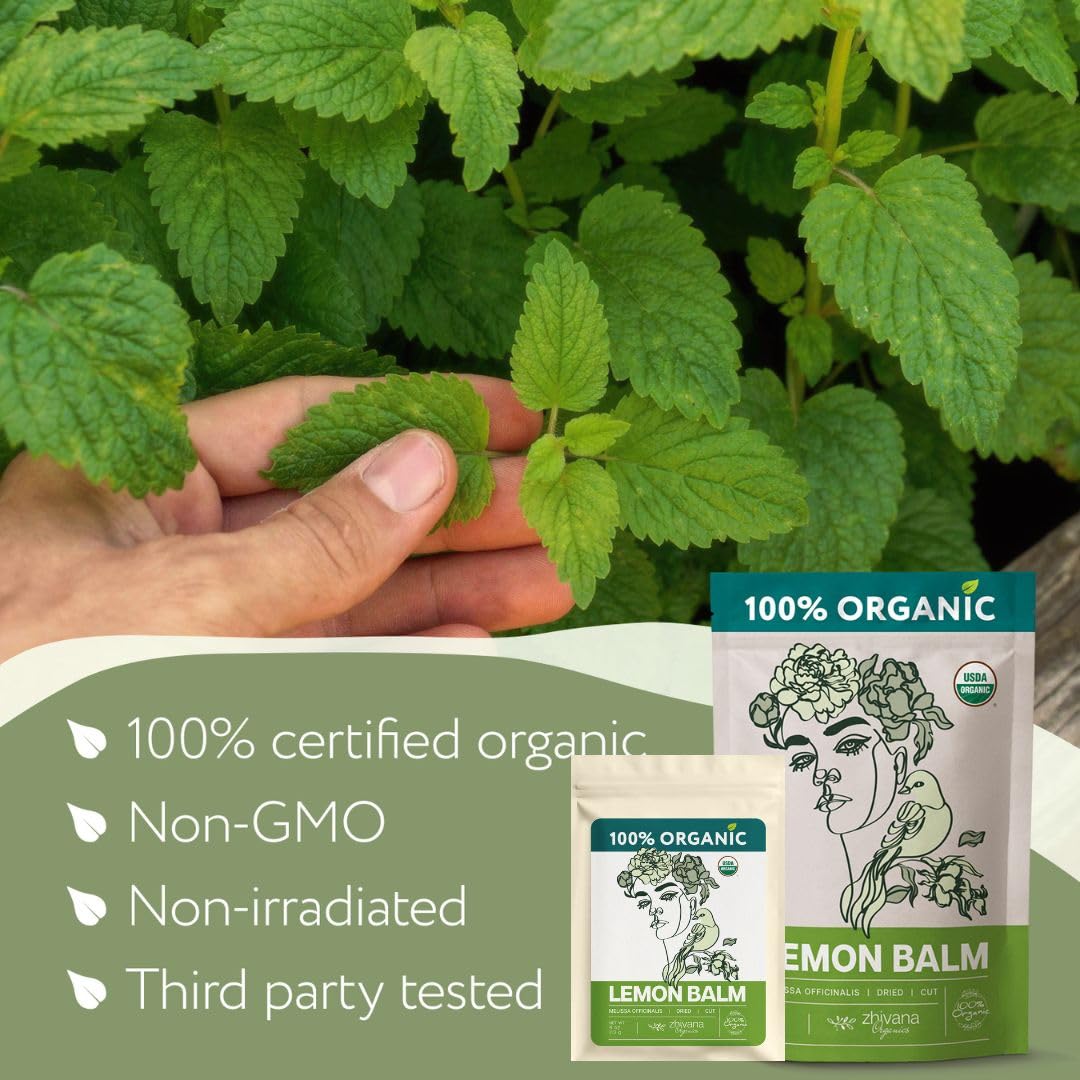
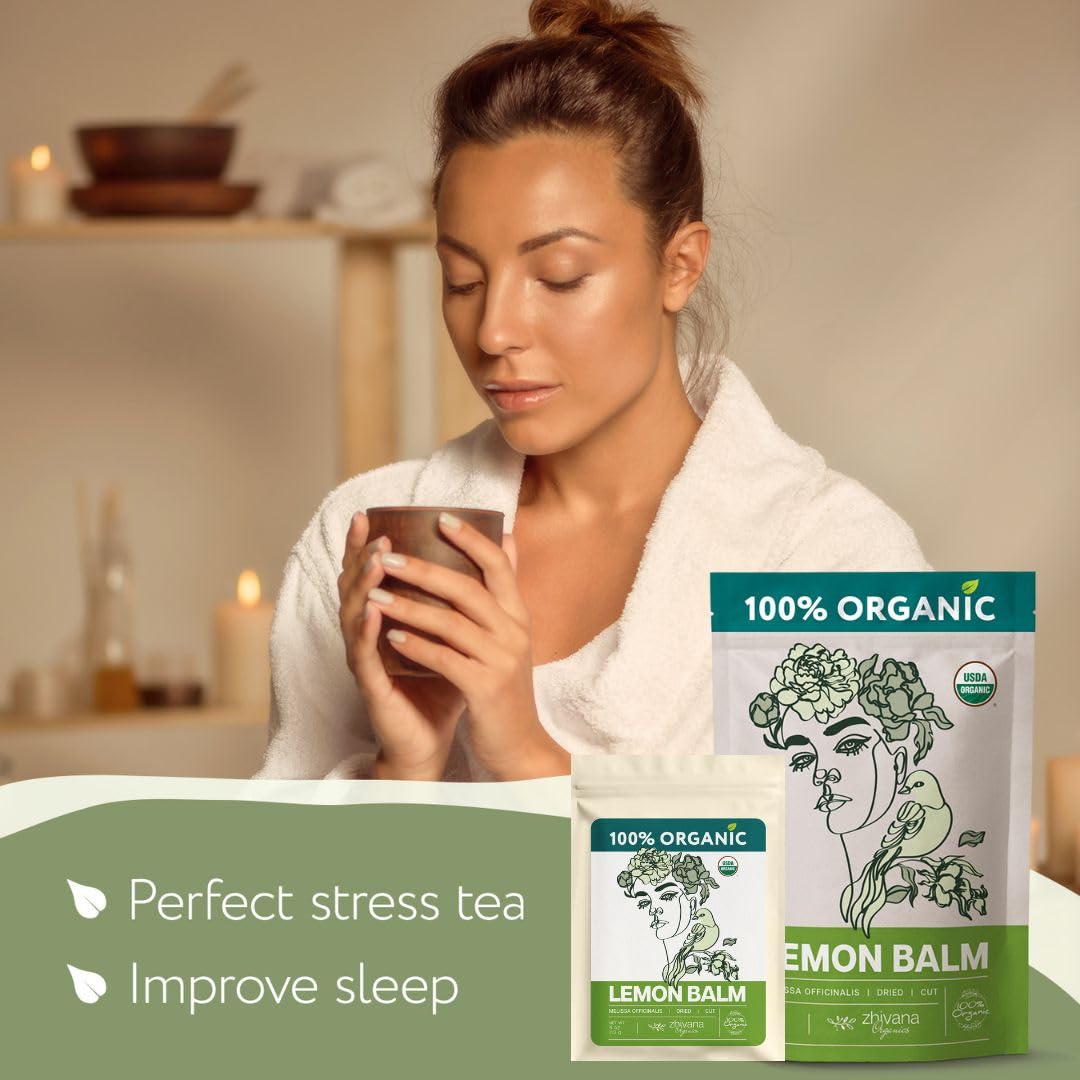

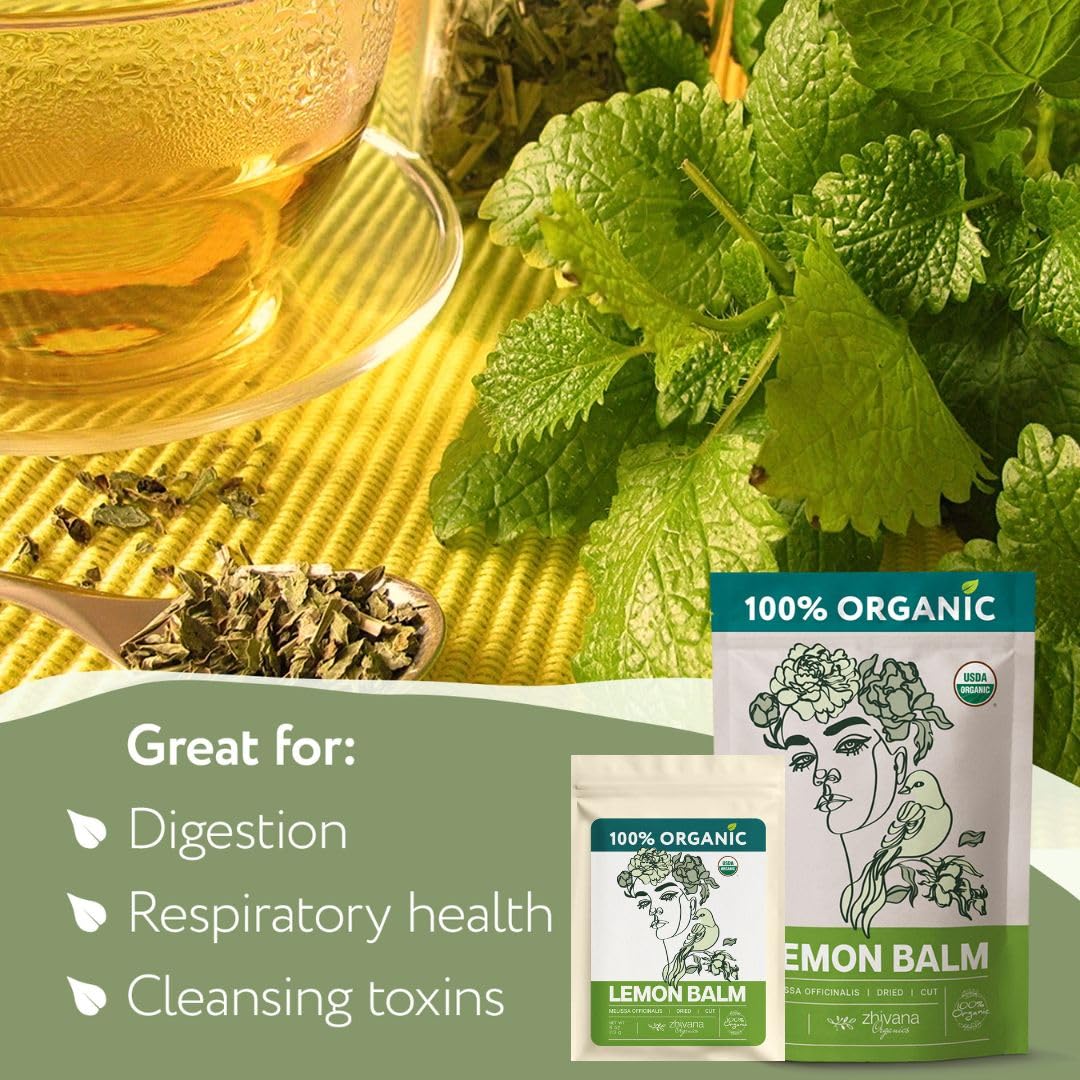


Questions & Answers
Is Nettle Leaf Tea good for kidneys?
Nettle leaf tea is often believed to have potential benefits for kidney health. It is considered a diuretic, which means it may help promote urine production and support the flushing out of waste and excess fluids from the body. However, as with any herbal remedy, it's important to consult with a healthcare professional before using nettle leaf tea for kidney health, especially if you have pre-existing kidney conditions or are taking medications. They can provide you with personalized advice based on your individual health situation.
Does Nettle Leaf Tea help with allergies?
Yes, nettle leaf tea is often believed to help with allergies. It contains natural antihistamines and anti-inflammatory compounds that may provide relief from allergy symptoms like sneezing, runny nose, and itchy eyes. However, individual responses can vary, so it's advisable to try a small amount first and consult with a healthcare professional if you have any concerns, especially if you are on medication or have underlying health conditions.
What does Nettle Leaf Tea taste like?
Nettle leaf tea has a slightly earthy and grassy flavor with subtle notes of sweetness. Some people describe it as having a mild, vegetal taste similar to spinach or other leafy greens. The taste can vary depending on the quality of the tea and how it's prepared. Adding a touch of sweetener or lemon can help balance out the flavor if desired.
Does Nettle Leaf Tea lower blood pressure?
Nettle leaf tea may have a mild diuretic effect, which could potentially contribute to a slight reduction in blood pressure. However, it's important to note that the effect is usually not significant and may vary from person to person. If you have concerns about your blood pressure or are taking medication for it, it's recommended to consult with a healthcare professional before making any dietary changes or incorporating new herbal remedies.
Is Nettle Leaf Tea safe while breastfeeding?
Nettle leaf tea is generally considered safe for breastfeeding
mothers when consumed in moderate amounts. It can provide valuable nutrients and hydration. However, it's always a good idea to consult with a healthcare professional before incorporating any new herbal tea or supplement into your diet while breastfeeding, just to ensure that it's appropriate for your specific health circumstances and won't interfere with your baby's health or breastfeeding experience.
Are there Nettle Leaves only or stems as well?
Nettle leaf tea typically includes only the leaves of the nettle plant, excluding the stems. The stems are generally not used in tea as they can be quite fibrous and have a slightly different texture and taste compared to the tender leaves. This allows for a smoother and more enjoyable tea experience.
